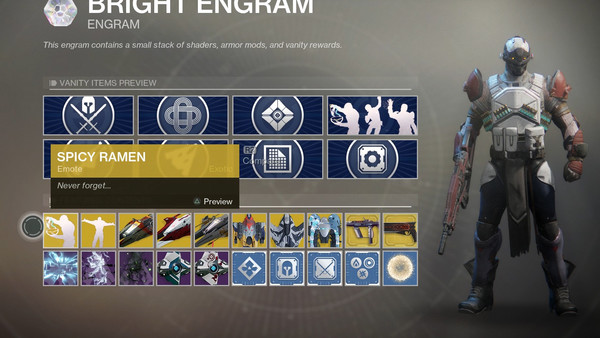Why Activision Stopped Making Games
2. What The Money Says

While it might seem a bit mad to rely so heavily on a handful of big games every single year rather than take punts on new original concepts, from a business perspective, Activision's shift has paid dividends.
In 2016, after cutting down their output to a mere two games (Call of Duty: Infinite Warfare and Skylanders Imaginators), their parent company Activision Blizzard reported a huge rise in annual revenue, jumping from $4.6 billion (a number which had remained steady for the five previous years) in 2015 to a massive $6.6 billion. That amount climbed even higher a year later, with the company reporting $7.01b in revenue for 2017.
How?
One word: Microtransactions.
The breakdown of the numbers haven't been revealed for 2017 yet, but for 2016 Activision reported that a record $3.6b of their entire revenue for the year came from in-game purchases - close to what the company made altogether in previous years. By focusing on two popular core titles, doubling-down on microstransactions, DLC and expansion packs, the company was able to take in more money than ever before, as well as presumably saving the money they would have spent on those licensed games and annual franchise instalments.

Of course, these reports were from Activision Blizzard rather than Activision themselves, which includes money made from other titles under their umbrella like Overwatch and World of Warcraft. That's perhaps even more illuminating though, as it's clear that Activision's parent company is more than happy with the limited number of titles the publisher is focusing on.
In their 2016 report, the company outlined that their main franchises are Call of Duty, Destiny, Starcraft, World of Warcraft, Heroes of the Storm, Hearthstone, Skylanders, Pet Rescue, Overwatch, Diablo, Farm Heroes and Candy Crush - only three of which are published and made specifically by Activision. Few of these are fresh franchises, and an alarming amount are mobile titles, which seemingly points towards the publisher fully committing to the "games-as-service" mentality, creating a small selection of releases that players will continue to pump money into for years.